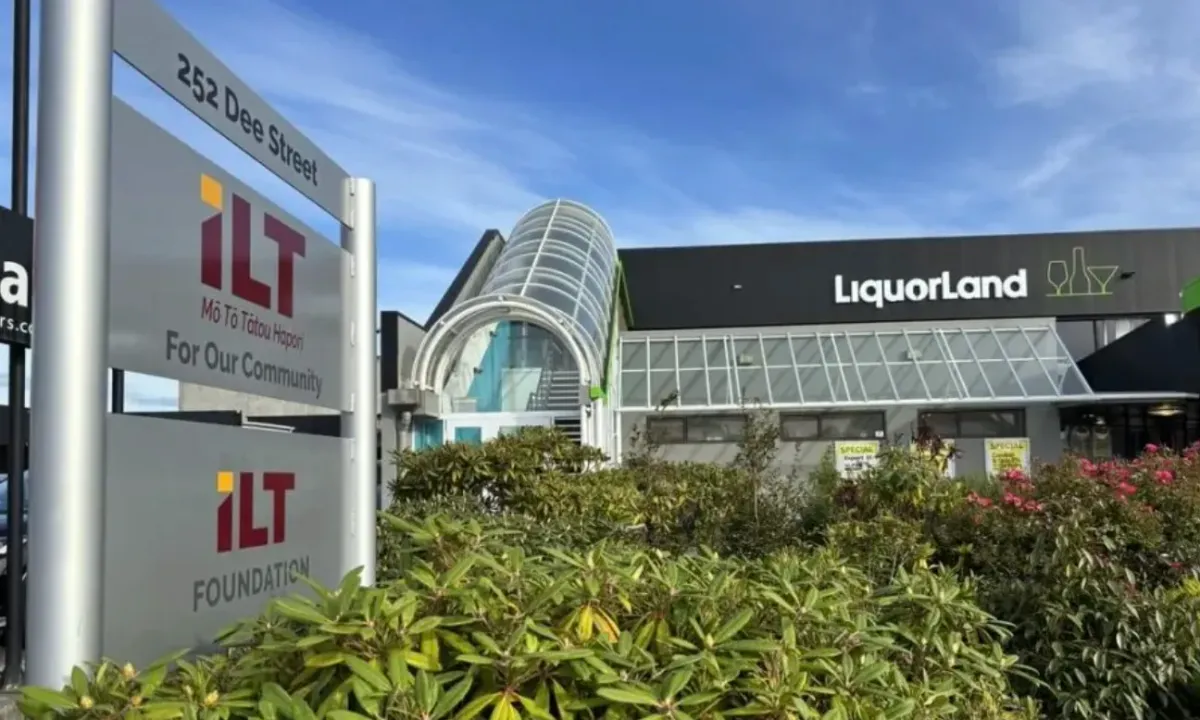Invercargill Licensing Trust chief executive Chris Ramsay said $9 million in donations/community returns were at risk if the bill to repeal trading privileges was successful.
But he doubts that will happen because some of the members of ACT MP Simon Court’s community in West Auckland tried to initiate a poll two years ago, “but failed when they fell short of the numbers (15%) required to trigger the poll. This in itself shows the majority of his community do not support his bill.”
The ACT MP said in his press release, that in West Auckland, as well as Invercargill and Mataura, the licensing trusts that operated liquor stores, taverns and licensed hotels were “outdated,” a nanny state throwback to the 1970s, as well as limited choice and inflated prices. Related: Millions in Donations Given Out From ILT
Chris said Simon didn’t have a very good understanding of the model or legislation, particularly in relation to how ILT and MLT operated.
“Over the past few days I have been very pleasantly surprised by the out pouring of support for ILT, both privately and publicly.”
Other than the late Louis Crimp, an Invercargill businessman who tried and failed in 2002 and 2009, nobody else had tried to stop the trading privileges in the south.
“We are well supported thanks to the drive and energy of our board, executive management and teams,” he said.
In the most recent financial year ILT gave $9.1m back to the community - $5.8m of that came from the ILT Foundation which operates 153 pokie machines across nine establishments.
The trading privileges meant that people in the south were unable to purchase beer and wine from supermarkets.
But for many years consumers could still purchase alcohol through remote sales online or click and collect.
The Invercargill trust (ILT) was set up in 1944, Mataura in 1955 and the two Auckland-based trusts in the 1970s to control the sale of alcohol in the area, with surplus profits to be reinvested back into the community.
One of the well-known projects supported by the ILT was helping kickstart the Zero Fees scheme for tertiary study that later became self-funding.


